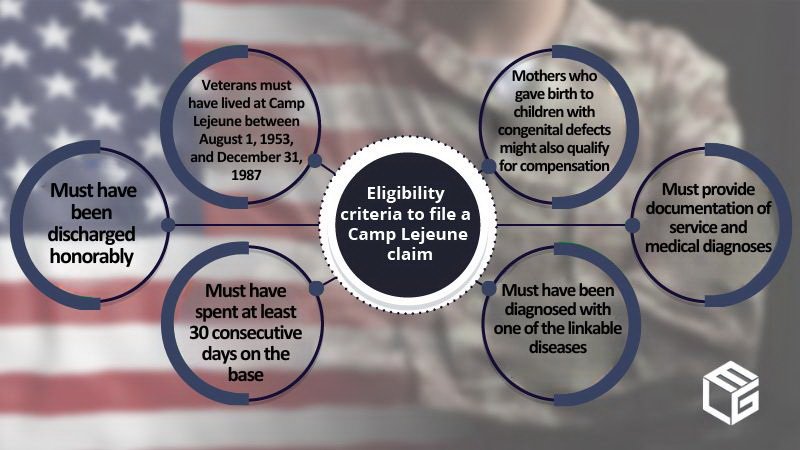Attention: We are no longer taking Camp Lejeune cases!
Goblet cell carcinoid tumors, which are quite aggressive, seem to be the most common among veterans
As a narrow pouch located on the right side of the abdomen that projects out from the colon, the appendix is a mysterious organ whose role is still unknown.
While some medical experts believe it acts as a storehouse for good bacteria, others are of the opinion that the appendix is just a useless remnant from our evolutionary past. When changes to the genetic material within the organ's cells occur, appendiceal cancer develops.
Roughly 50% of appendix tumors are malignant. The symptoms of appendix cancer can easily be mistaken for those of appendicitis, the inflammation of the organ that often requires surgery. In fact, appendicitis might even be a symptom of appendix cancer. It is important to note that appendiceal cancer is asymptomatic in most individuals until it spreads to adjacent organs, which is why it is typically found during a medical examination or procedure the person undergoes for another reason. While medical literature is very scarce in research assessing the link between appendix cancer and toxic exposure, scientists have made the connection between exposure to certain hazardous substances and a higher risk of developing this disease. Today, Camp Lejeune veterans with appendix cancer can apply for VA benefits and file a claim with the government for compensation. However, in the spring of 2019, the VA denied a former Marine service connection for appendiceal carcinoma and colon carcinoma. The man subsequently appealed the decision.
The case of U.S. Marine Corps veteran Douglas L. Hedley
The veteran, Douglas L. Hedley, served from August 1975 to August 1981, having been stationed at Camp Lejeune for approximately five months. Because of his diagnoses, he was deemed ineligible for disability compensation and pension by the VA. Two years before he decided to file a claim, the veteran had acute appendicitis, and his appendix was surgically removed. The pathology report describes a goblet cell carcinoid tumor on his appendix. Douglas L. Hedley claimed that his diagnoses had a connection with his service because they involved body parts similar to those on the presumptive list that was effective at that moment, namely:
- the bladder
- the kidneys
- the liver
Fortunately, today, most veterans with appendiceal cancer qualify for VA benefits, as the list of diagnoses has been updated, and they might also be entitled to financial compensation from the government under the recently enacted Camp Lejeune Justice Act. Therefore, if you have this diagnosis, we strongly advise you to get in touch with our attorneys, as they specialize in toxic exposure and might be able to help you file a claim.

